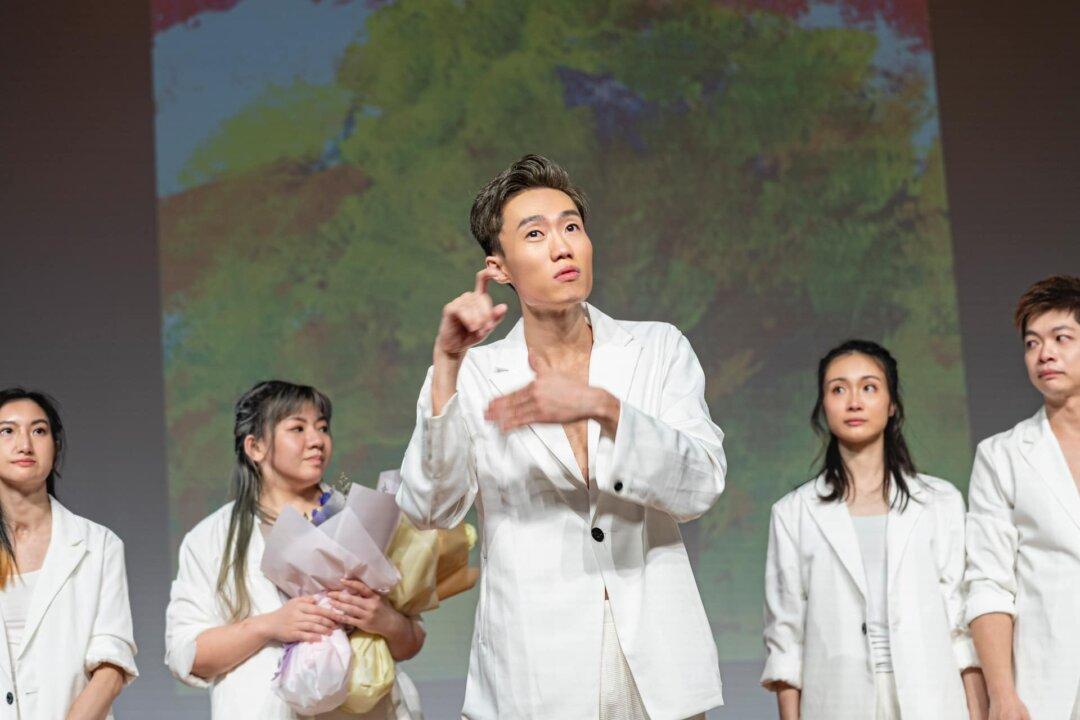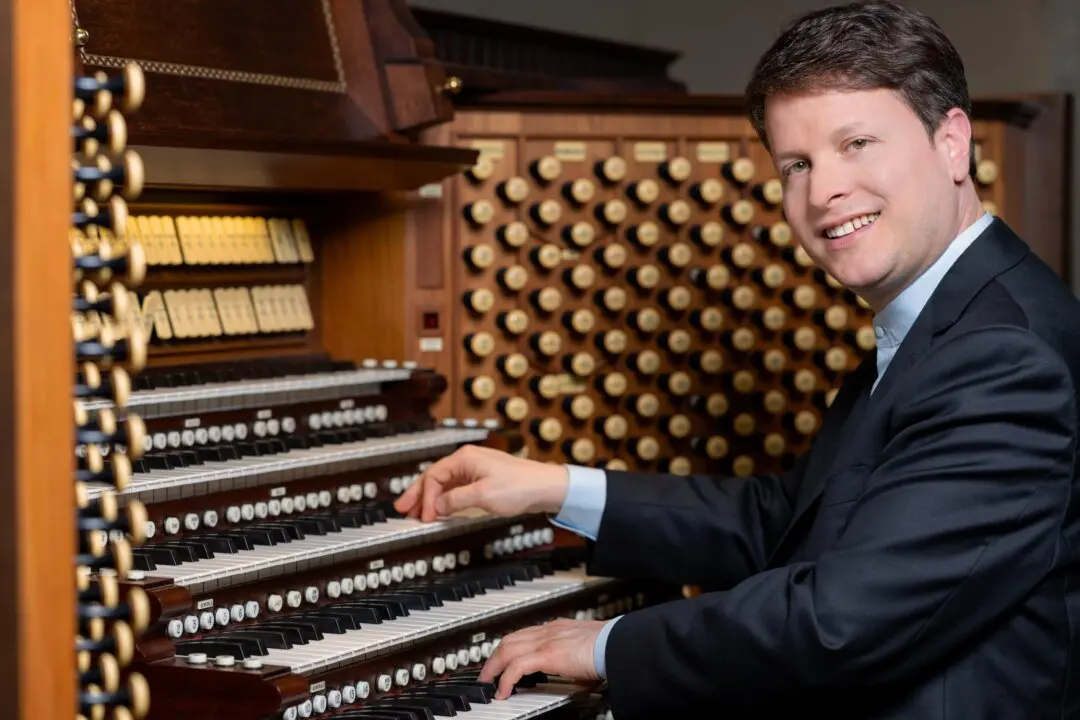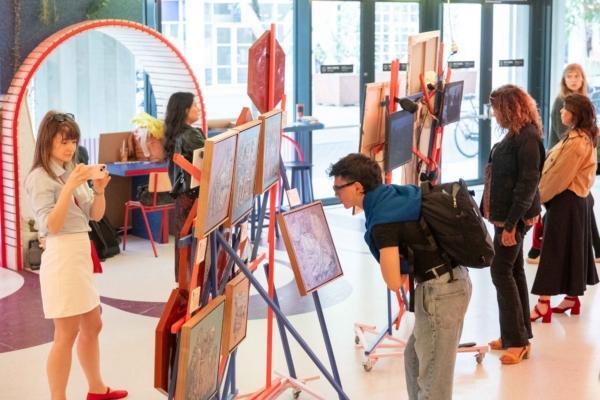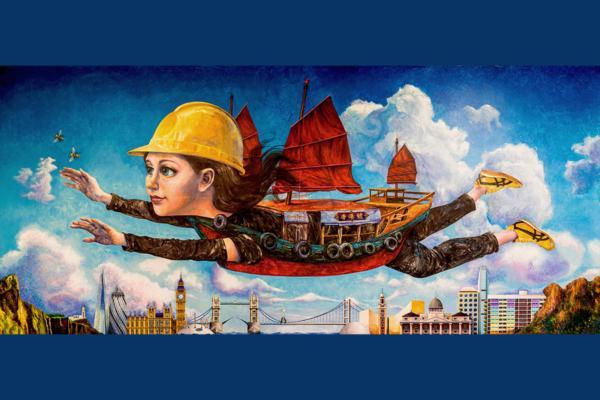With the political environment in Hong Kong continuing to deteriorate, the arts sector, like all others, has also been under enormous pressure recently. Jason Wong Yiu-pong, a deaf dancer and choreographer of the inclusive stage play “Resonance Dance” scheduled for its first performance in March, received a sudden notice in February informing him of the cancellation of the play.
The play was organized by the Hong Kong Youth Arts Foundation, which is a Hong Kong NGO. This may be related to his past role as a sign language interpreter for “Glory to Hong Kong,” the protest song, and other activities during the anti-extradition bill protests. As the artistic space in Hong Kong appears to shrink, Mr. Wong accepted an exclusive interview with The Epoch Times to discuss his future.




